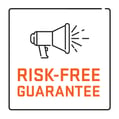Technical Writing is underway. You can still enroll. Our Technical Writing courses began Monday, but registration remains open through Sunday. If you’ve been meaning to build your writing, editing and document design skills, there’s still time to join this cohort.
You’ll receive full access to week one materials and can get up to speed right away.
The OSU online Technical Writing Certificate is designed to help you build targeted skills through a series of courses that each focus on a specific skillset.
Take any of the technical writing courses individually to gain just the training you need or complete the series to earn your certificate and launch your technical writing career!
You may also be interested in our Technical Writing Certificate, which includes the following Technical Writing courses:
|
Cohort A
|
Cohort B
|
|
1. Free Intro to Tech Writing
(self-paced) | On Demand |
1. Free Intro to Tech Writing
(self-paced) | On Demand |
|
2. Manuals - Instructions and Overviews
November 3 - 30, 2025 |
2. Manuals - Instructions and Overviews
January 5 - February 1, 2026 |
|
3. Usability and User-Centered Design
January 5 - February 1, 2026 |
3. Usability and User-Centered Design
February 9 - March 8, 2026 |
|
4. Technical Editing - SOPs and Flowcharts
February 9 - March 8, 2026 |
4. Technical Editing - SOPs and Flowcharts
March 30 - April 26, 2026 |
|
5. Single-Sourcing and Methodology
March 30 - April 26, 2026 |
5. Single-Sourcing and Methodology
May 4 - 31, 2026 |
|
6. Portfolio Creation
May 4 - 31, 2026 |
6. Portfolio Creation
June 22 - July 19, 2026 |
|
Cohort C |
|
1. Free Intro to Tech Writing
(self-paced) | On Demand |
|
2. Manuals - Instructions and Overviews
March 30 - April 26, 2026 |
|
5. Single-Sourcing and Methodology
July 20 - August 16, 2026 |
|
September 28 - October 25, 2026
|
Please note that the Free Intro to Technical Writing class is self-paced and not required to receive a certificate. If you are new to technical writing, it is recommended that you complete this course and also take the other courses in the order outlined here.
In these targeted writing courses, you’ll build the foundation for a professional career in technical writing.
Each step in the program brings you closer to becoming a job-ready writer, with a final portfolio that showcases your work to potential employers.
I learned so much in the Technical Writing Program. The skills I gained helped me pivot into a new career. ~ Samantha Alban
Every module builds toward strong workplace-ready outcomes:
This program isn’t just coursework—it’s a catalyst for career advancement. One alumna shared that including enrollment in her résumé opened doors immediately. “... As soon as I enrolled in this class and put on my résumé ... then I was being contacted by recruiters and getting more looks on LinkedIn.” ~ Read April Ponto's story.
Coursework is developed and taught by OSU's expert faculty in collaboration with industry, ensuring every assignment is grounded in professional standards and feedback that matters. Learners consistently praise the approachable teaching and practical expectations: “Professors just wanted us to sincerely do well… things were just straightforward and down to earth.” April Ponto
Designed for busy professionals, the entire program—including a free, self-paced intro course—is delivered fully online and asynchronously, with no rigid class schedules. You can work at your own pace while earning instructor feedback and tangible writing samples at each step.
The program culminates with a WordPress-hosted writing portfolio built from your own work—an immediate asset in job searches. This, combined with certifications taught by industry-informed faculty, makes OSU’s offering more credible than quick, low-cost alternatives—and helps graduates stand out in competitive job markets.
Graduates of the Technical Writing program have landed roles with:
✔ Intel – Technical Content Coordinator
✔ Providence Health – Clinical SOP Writer
✔ Startups and Freelance Projects — doubling income within a year
 Read how our Technical Writing Certificate helped Samantha Edington launch herself into a successful new technical writing career.
Read how our Technical Writing Certificate helped Samantha Edington launch herself into a successful new technical writing career.
Technical writing is a high-demand career with strong salaries and flexible opportunities. According to the U.S. Bureau of Labor Statistics, technical writers earn a median salary of $91,670, with experienced writers often making six figures.
The field is expected to grow steadily, with 4,100 job openings annually across industries like tech, healthcare, engineering, and manufacturing.
Whether you pursue a full-time role or freelance career, technical writers are needed to simplify complex ideas into user-friendly content. Many roles are fully remote and pay $40–$85/hour depending on experience. This certificate prepares you for job titles like Technical Writer, UX Writer, Documentation Specialist, and Content Strategist—and gives you a portfolio to prove it.
Our certificate prepares you for roles such as Technical Writer, Documentation Specialist, UX Writer, API Documentation Specialist, Content Developer, and more. Advance to leadership roles like Lead Tech Writer or Documentation Manager.
You’ll be ready to write in fast-growing fields including Software & Tech, Healthcare & Medical, Finance & Compliance, Manufacturing & Automotive, Aerospace & Engineering, and Consumer Electronics.
This Technical Writing program is perfect for:
 Enjoy peace of mind with our risk-free guarantee on online instructor-led courses.
Enjoy peace of mind with our risk-free guarantee on online instructor-led courses. The online technical writing courses don’t focus intensely on any specific tools in this program. Rather, the focus is on the writing itself and how to produce high-quality technical writing. This isn’t to say that the course does not discuss the common tools that are used, but rather it does not spend time training on them.
The projects in the online Technical Writing program are self-contained, you will not need to collaborate for group work or to find an external individual to work with.
The Technical Writing program costs the same regardless of where you are from. And there are no restrictions on location, so you can complete this certificate anywhere in the world.
The technical writing series is entirely asynchronous, which means there are no specific dates or times when you need to be online and there are no live meetings. There are assignments due weekly that can be completed at any time during the week prior to their due date.
Newcomers to the technical writing field are welcome and encouraged to complete the certificate program. If you are brand new to technical writing, it is recommended you take the free, self-paced Intro to Tech Writing course first.
The online Technical Writing Certificate is entirely asynchronous, which means there are no specific dates or times when you need to be online and there are no live meetings. There are assignments due weekly that can be completed at any time during the week prior to their due date.
Each Technical Writing Course is four weeks long, and there are five courses in the program. However, the courses do not typically run back-to-back, so you will not be in class for 20 weeks straight. Students typically finish this program in a little under a year and gain their certificate in technical writing.
Anyone is welcome to join the program and there are no prerequisites. All you must do to participate is register.
All five courses are required to receive your certificate in technical writing. You are not required to take all the courses in the series, but you must complete all of them to earn the certificate. Please note that you may not take the Portfolio course until after you have completed the four core courses.
Due to the technical writing program's popularity, we typically extend the registration date for a week after the course begins. However, once each course reaches capacity, the registration window effectively closes.
This certificate program is a non-credit program. Though it is taught by OSU instructors, a degree is not needed to register. So, even though a degree is not needed, it can be ideal for someone looking to supplement their degree.
The Technical Writing Certificate is fully online and can be completed in 6–9 months, depending on your pace.
According to the U.S. Bureau of Labor Statistics, technical writers earn an average of $91,670 annually, with steady growth projected.
"I definitely feel more confident about technical writing after deciding to take this course. Technical writing is an important field of communication that should not be neglected by anyone wishing to broaden their skills in today's high-tech work place. The class is presented in a clear, straight-forward and professional manner. Kudos to Rich Collins for his ability to make a specialized field of writing accessible to anyone."
"The instructor was awesome. She replied promptly to my inquiries and was always ready to help with any problems. Her grading was quick and almost immediate. helpful"
"This course was great - I really, really enjoyed it. The learning materials were focused and applicable. Best part? I looked forward to the weekly modules and assignments. I felt that I learned something new, could apply it directly to each weekly assignment (reinforcement) and then immediately apply it to the writing I do at work. Adult learners tend to want to know, "What's in it for me?" For me, the fact that the concepts and techniques applied immediately to my job meant a lot. No wasted time; just focused instruction."
Liz Delf (MA, Oregon State University '11) developed and piloted the Career Preparation for English Majors course in 2017. She teaches writing across the university and beyond, including sections for the Honors College, INTO, the Beijing Normal University Summer Program, and an INTEL Technical Writing Boot Camp. Courses regularly taught at OSU include English Composition, Argumentation, Technical Writing, Writing in Business, and Intro to Literature: Fiction.
Emily Elbom is a writing instructor at Oregon State University. Emily has an MA in English from the University of North Dakota and an MFA in Creative Writing (Fiction) from Oregon State University. Courses regularly taught at OSU include Technical Writing, Technical Writing for English Language Learners, Engineering Specific Technical Writing, Business Writing, Writing for the Media and more.
Erin Dalton has a background in technical writing, editing, and instructional design. She holds an MA in Professional Communication and a BA in English. Past courses taught include Technical Editing & Style, Technical & Presentation Writing, Business & Administrative Writing, and Brand Development. She has also developed and facilitated technical communication trainings for engineers and scientists at a Department of Energy national laboratory.
